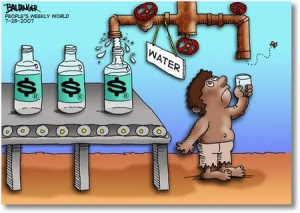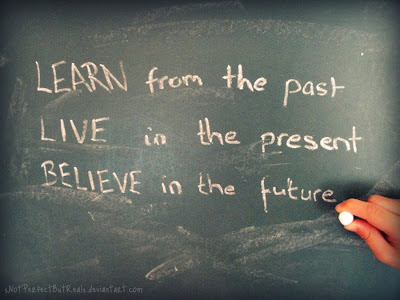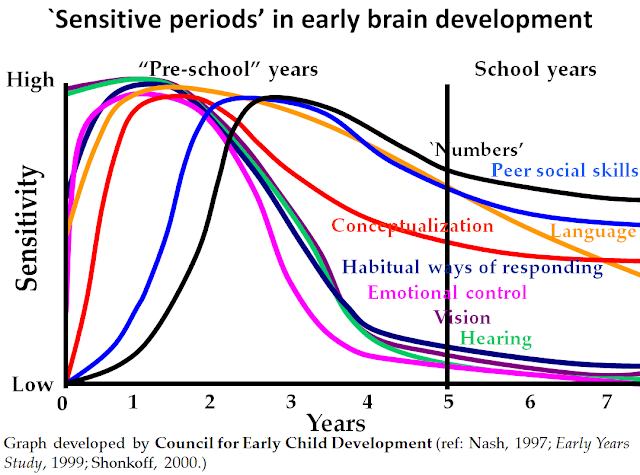Private Prisons Do Not Perform Better Neither Do Private Schools

Efficiency is usually touted when advocating privatization of government functions. The government is wasteful and oftentimes, not really accountable. Free market does have competition on its side. A business that does not keep up with its competitors, a business that does not reinvent itself every so often, a business that does not embrace disruptive innovation, will simply not survive. Not all enterprises succeed. Only half of new firms in the United States survive beyond four years (Business Information Tracking Series, US Census Bureau). Even big firms such as Lehman Brothers Holdings, Washington Mutual, WorldCom, Pacific Gas and Electric Company, have either permanently closed or filed for bankruptcy. Woolworth has been dethroned by WalMart. Borders has closed its doors. This is competition. This is truly the arena of disruptive innovation. Without doubt, there are government functions that can benefit from private entrepreneurship. Even public basic education can, just not i...












.png)





